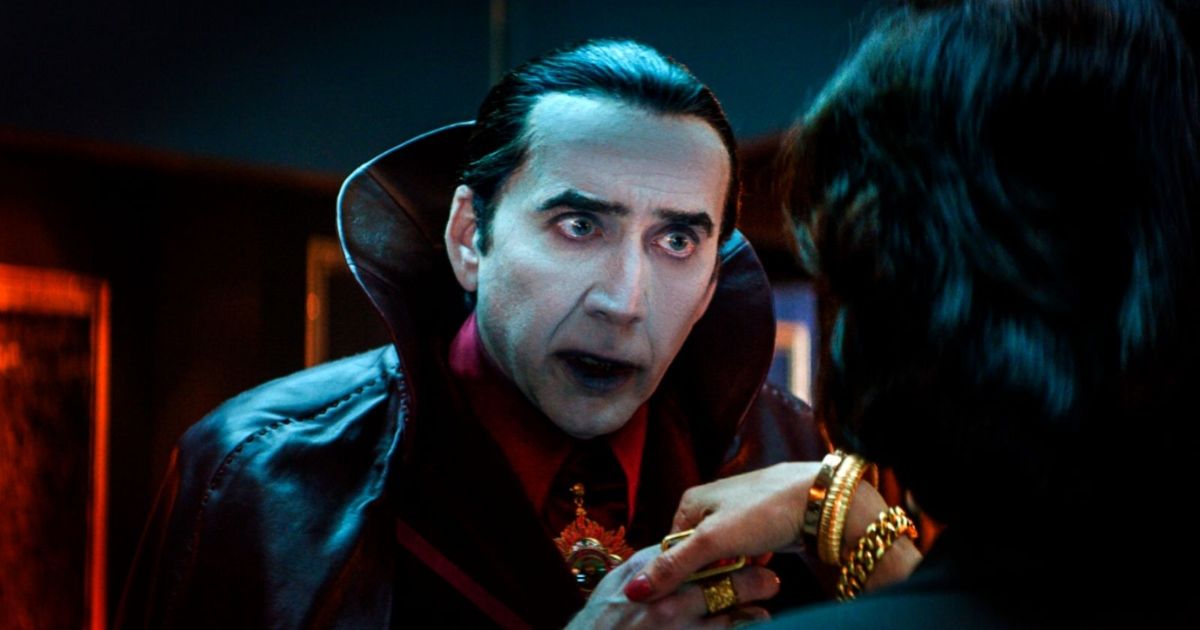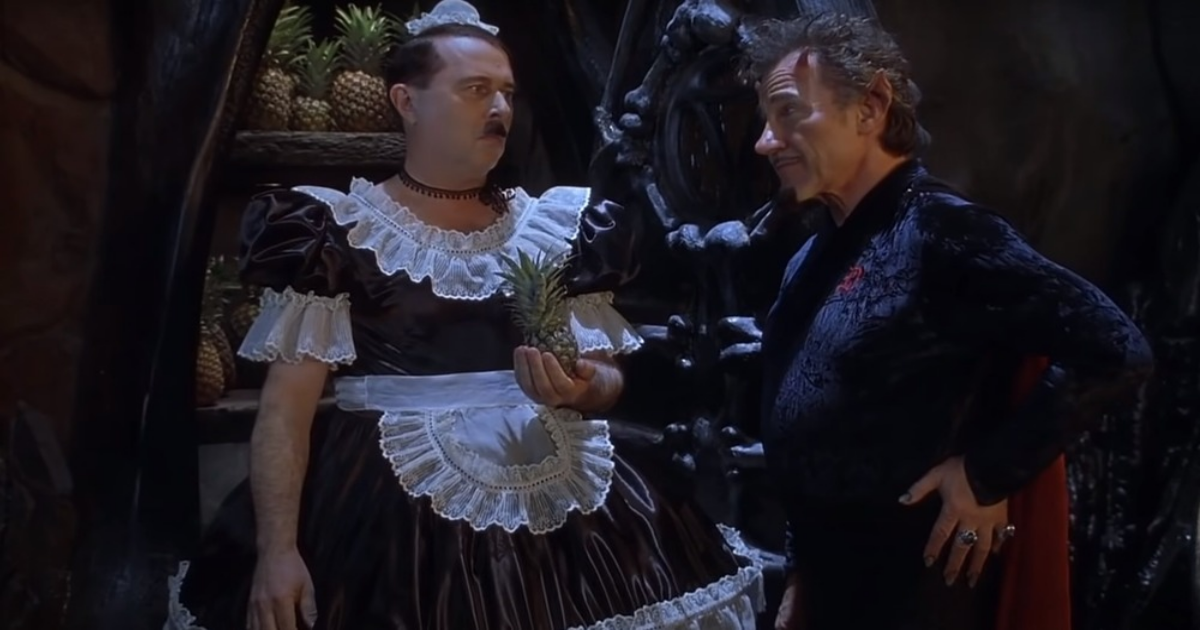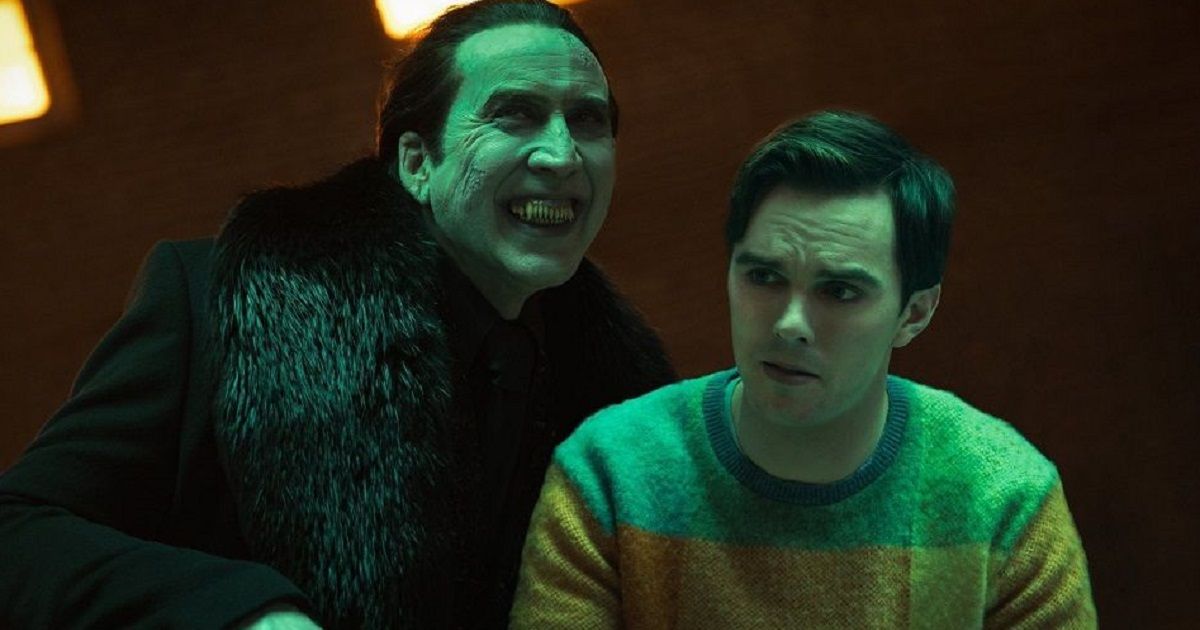In the history of cinema, very few genres of film have been as influential as satire. Satire is defined as "the use of humor, irony, exaggeration, or ridicule to expose and criticize people’s stupidity or vices, particularly in the context of contemporary politics or other topical issues." Through the skillful employment of this specific brand of comedy, filmmakers throughout history have battled the evils of the world with their art. While this may seem like a stretch, this tendency for comedic works to combat injustice, abuse of power, and the influence of evil is evident in modern perceptions of some of the darkest moments in history.
Modern attitudes toward satirical comedy can vary, especially since the sort of satire used in many classical films requires audiences to actively recognize the comedy for what it is. Even so, this style of comedy remains a powerful tool that can be used to fight against injustice, expose hidden darkness in society, and empower audiences in a way that is unique to cinematic art.
Satire Can Reduce Powerful Figures to Punchlines
Throughout history, many of the most dangerous ideas have come from powerful figures that have been elevated to something more than a simple man or woman. These figures become larger than life, and their rhetoric has influenced countless people to buy into horrific philosophies, sometimes on a global scale. Even after these figures are defeated, their ideas sometimes endure and lead to further tragedies.
A very specific example of this is the notorious dictator of Nazi Germany, Adolf Hitler. Through his large-scale manipulations and dangerous charisma, Hitler led Germany down a dark path in World War II, and the crimes committed under his leadership cannot be overstated. However, through the decades, Hitler's terrifying ideas have been whittled down by constant satire, to the point where his views and those that share them are difficult to take seriously.
In an interview, available on Spiegel International, Jewish filmmaker Mel Brooks speaks about the use of humor to rob Hitler of any posthumous power or influence he might have. By reducing the dictator to little more than a pathetic character or punchline, the many satirical works making fun of Hitler have dramatically reduced the potential for Naziism to gain any kind of traction. Other terrifying figures that have been reduced in this way include Josef Stalin, the KKK in general, and even modern figures such as Kim Jong Un.
Deconstructing Harmful Ideas Can Minimize Their Impact
Satire is not limited to making fun of public figures. Several of the most successful satirical films in cinema have taken aim at entire ideologies, breaking them down into their most basic components, and then using the absurdity to get a laugh out of the audience, or sometimes to just make the audience aware of how ridiculous such concepts are when examined more closely.
The 2023 vampire film, Renfield, uses an exagerrated version of all of the traits typically found in narcissistic perpetrators of relationship abuse to demonstrate the sort of harmful behaviors present in real life. Blazing Saddles, a film by Mel Brooks, blasts the concept of racism by depicting those that practice it as complete and utter morons, more worthy of pity than contempt. These exaggerated displays of real life problems highlight the inherent absurdity in these concepts by making them the basis for laughter.
By transforming something harmful into something that prompts ridicule and promotes laughter, satire can make it easier to process the real thing, and to withstand its influence wherever it appears. In this way, these entertaining films can have a tremendous positive impact even while delighting audiences.
Humor Is Important
As a major part of modern culture, and the most widespread form of entertainment, cinema is an art form that has the ability to influence society in a positive way, and filmmakers have been performing this function for as long as there have been movies. However, as impactful as cinema can be, there is no reason that all films that deal with serious social issues have to always be grave, self-serious affairs.
The idea that humor is irrelevant, or that audiences can't learn from something that is entertaining, falls apart when examining the lasting popularity and impact of satirical programs such as South Park or Saturday Night Live. These shows are anything but serious, but through their examination and parody of potentially harmful issues they reduce the anxiety felt by audiences that must face the actual thing. This can be as simple as a modern trend, or as complex as world history.
This light-hearted approach can also make the kind of idea or individual that it deals with into something much less fearsome. Satire addresses an issue or concept without treating it as an insurmountable obstacle or oppressive force. While a more serious approach can raise awareness of an issue, it is comedy that can reduce its threat and make it seem like something that truly can be overcome.




